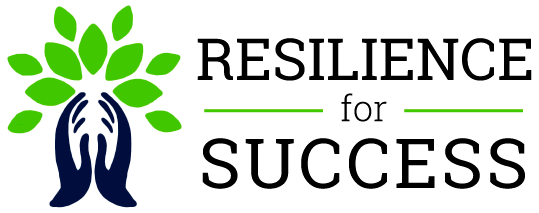Mother’s Day is celebrated in the United States this Sunday. It is a day that can be full of joy but it can also be somewhat fraught. You may be simply socially distanced from your mother, or you may be distanced in many other ways; by emotional distance, by long term absence, by death.
Here’s a way to be prepared for whatever emotions the day may bring for you. It is based on the neuroscience of resilience and well being. In this exercise, we combine three practices that have proven their value over time: the habit of gratitude, the expression of appreciation, and storytelling. All have been shown to help stabilize our moods and improve our sense of well-being.
I want you to think of a story. Not one made up; something you recall happening. Maybe there was a time that has stuck with you because your mother did something surprising, or especially funny, thoughtful, or dramatic. If your mother is not the source of such a story, think of another woman who created such a moment in your life.
Start by writing down what happened. Make this factual—simply state what your brain has stored about the facts. Take your time, as much of the benefit of this exercise is in thinking back with calm mindfulness.
Once you have your factual statement, think about who else may have experienced that same moment. Siblings, friends, colleagues may remember it somewhat differently from you. Ask them to tell you what they remember. Write down the facts they describe but don’t try to decide which version is accurate (for an excellent example of a memoir that incorporates the differing factual views of siblings, read Tara Westover’s excellent 2018 book “Educated: A Memoir.”). This aspect of the exercise reminds us that our reality may not be everyone’s, and that’s ok.
Now read over your developing story and write down your answers to these three questions:
- What did you feel at the time of the original event?
- How do you feel now as you think over the facts you’ve remembered and discovered?
- Is there a fundamental meaning to the story that seems relevant to your life right now?
If you want, you can stop here. But your newly developed story now has powerful elements built into it, and you may find it rewarding to share the story with your family or friends. If your story is about someone who is still alive, you might share it with her as an expression of appreciation.
I hope this practice makes your mother’s day—or any day—rewarding and meaningful

